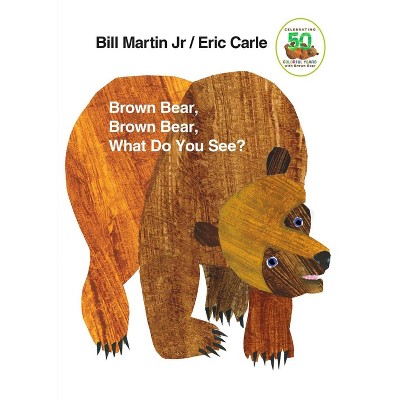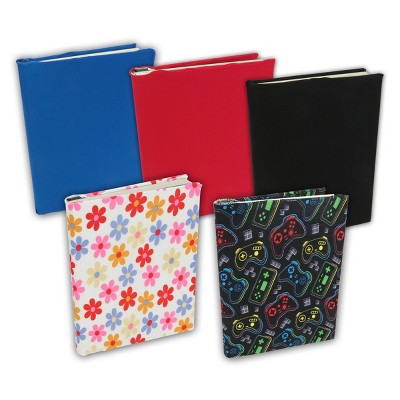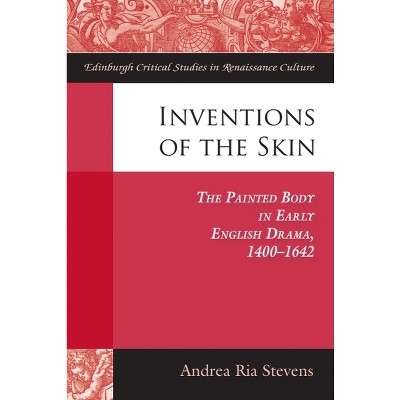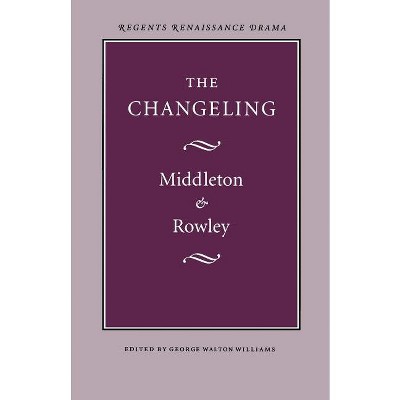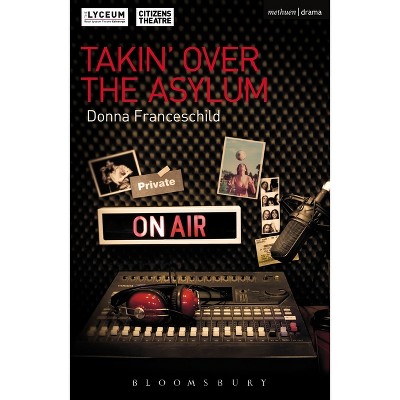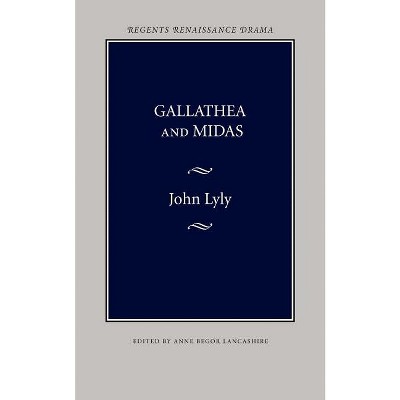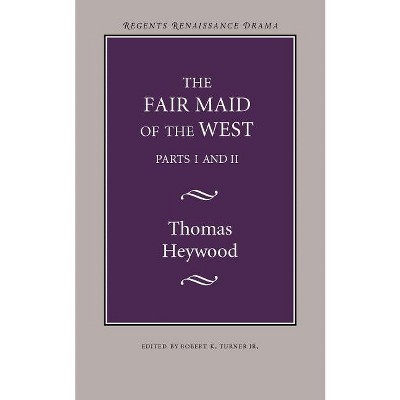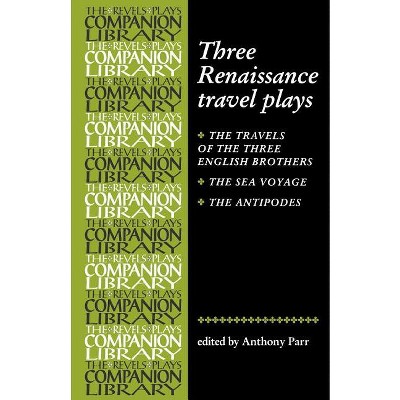$110.00 when purchased online
Target Online store #3991
About this item
Highlights
- What sort of information did people in early modern England seek?
- About the Author: Donna A. Seger is Professor of History at Salem State University, USA
- 248 Pages
- Literary Criticism, European
Description
About the Book
"What sort of information did people in early modern England seek? In The Practical Renaissance Donna Seger explores the diffusion and reception of prescriptive publications over the 16th and 17th centuries. Published in an age of dynamic religious and political change, these texts demonstrate the universal desire for health and wealth, a fortified body and an orderly household. With an emphasis not only on content, but also the process by which classical and continental information was 'Englished', this book shows how it was supplanted by more empirical and authoritative knowledge. Published in an age of dynamic religious and political change, these texts, which include plague tracts, husbandry handbooks, printed recipe books, and navigation manuals, demonstrate the universal desire for health and wealth, a fortified body and an orderly household. Divided into three parts, the opening chapters explore factors which affected the diffusion of practical knowledge via prescriptive texts. Part two focuses on the interaction between new discoveries and traditional authority, and the final section considers debates in the 'medical marketplace', the term 'knowledge-mongerer' and the commodification of knowledge at this time. A thorough exploration into the popular and pragmatic expressions of the period, The Practical Renaissance offers a new window into the movement in which knowledge and information became power"--Book Synopsis
What sort of information did people in early modern England seek? In The Practical Renaissance Donna Seger explores the diffusion and reception of prescriptive publications over the 16th and 17th centuries. Published in an age of dynamic religious and political change, these texts demonstrate the universal desire for health and wealth, a fortified body and an orderly household.Showing how classical and continental information had been "Englished" over time, this book shows how new publications supplanted these traditional ideas with more empirical and authoritative knowledge. Published in an age of dynamic religious and political change, these texts, which include plague tracts, husbandry handbooks, printed recipe books, and navigation manuals, demonstrate the universal desire for health and wealth, a fortified body and an orderly household. Divided into three parts, the opening chapters explore factors which affected the diffusion of practical knowledge via prescriptive texts. Part two focuses on the interaction between new discoveries and traditional authority, and the final section considers debates in the 'medical marketplace', the term 'knowledge-mongerer' and the commodification of knowledge at this time.
A thorough exploration into the popular and pragmatic expressions of the period, The Practical Renaissance offers a new window into the movement in which knowledge and information became power.
Review Quotes
[This book] is interesting, well-written, well-conceived, covers a vast amount of material and numerous relevant subjects and fills a gap in the knowledge of many Renaissance scholars.
Andrew Hadfield, Professor of English, University of Sussex, UK
About the Author
Donna A. Seger is Professor of History at Salem State University, USADimensions (Overall): 9.21 Inches (H) x 6.14 Inches (W) x .63 Inches (D)
Weight: 1.15 Pounds
Suggested Age: 22 Years and Up
Number of Pages: 248
Genre: Literary Criticism
Sub-Genre: European
Publisher: Bloomsbury Publishing PLC
Theme: English, Irish, Scottish, Welsh
Format: Hardcover
Author: Donna A Seger
Language: English
Street Date: February 10, 2022
TCIN: 92317763
UPC: 9781350200203
Item Number (DPCI): 247-31-8156
Origin: Made in the USA or Imported
Shipping details
Estimated ship dimensions: 0.63 inches length x 6.14 inches width x 9.21 inches height
Estimated ship weight: 1.15 pounds
We regret that this item cannot be shipped to PO Boxes.
This item cannot be shipped to the following locations: American Samoa (see also separate entry under AS), Guam (see also separate entry under GU), Northern Mariana Islands, Puerto Rico (see also separate entry under PR), United States Minor Outlying Islands, Virgin Islands, U.S., APO/FPO
Return details
This item can be returned to any Target store or Target.com.
This item must be returned within 90 days of the date it was purchased in store, shipped, delivered by a Shipt shopper, or made ready for pickup.
See the return policy for complete information.
Trending Fiction


$11.98 - $20.99
was $17.99 - $32.99 New lower price
Save $5 when you spend $25 on select books
5 out of 5 stars with 10 ratings

$11.88
MSRP $12.99
Save $5 when you spend $25 on select books
4.7 out of 5 stars with 14 ratings
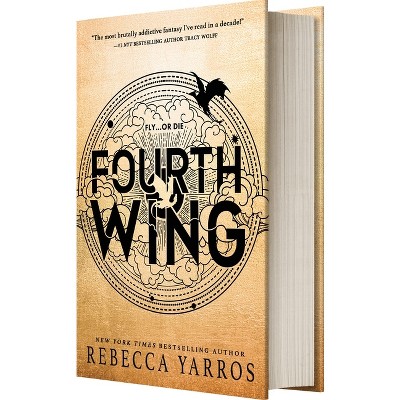
$13.88 - $15.00
Select items on sale
Save $5 when you spend $25 on select books
4.7 out of 5 stars with 619 ratings
